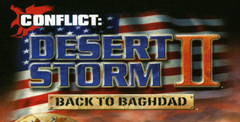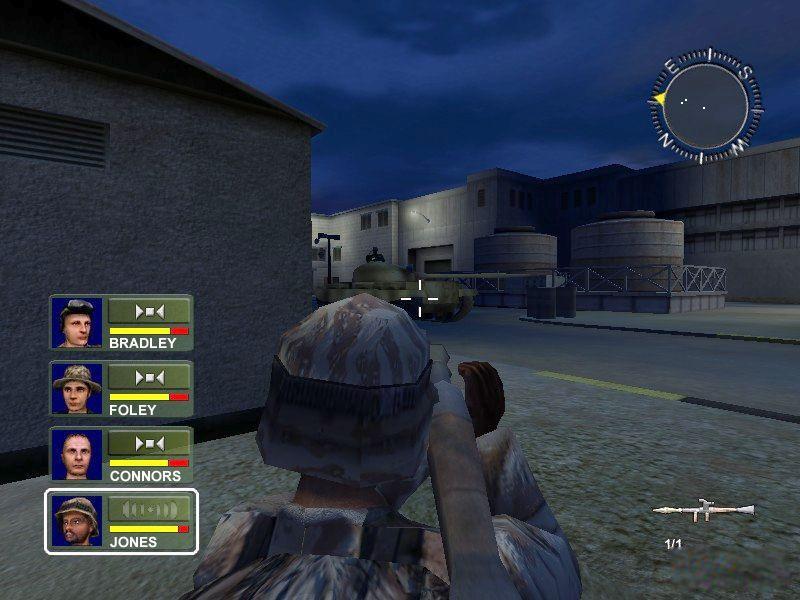

The United States-led coalition failed to support the uprisings, afraid that the Iraqi state would be dissolved if they succeeded. In the immediate aftermath of the war, Hussein’s forces brutally suppressed uprisings by Kurds in the north of Iraq and Shi’ites in the south. Intended by coalition leaders to be a “limited” war fought at minimum cost, it would have lingering effects for years to come, both in the Persian Gulf region and around the world. Though the Gulf War was recognized as a decisive victory for the coalition, Kuwait and Iraq suffered enormous damage, and Saddam Hussein was not forced from power.


In all, an estimated 8,000 to 10,000 Iraqi forces were killed, in comparison with only 300 coalition troops. According to the peace terms that Hussein subsequently accepted, Iraq would recognize Kuwait’s sovereignty and get rid of all its weapons of mass destruction (including nuclear, biological and chemical weapons). With Iraqi resistance nearing collapse, Bush declared a ceasefire on February 28, ending the Persian Gulf War. The elite Iraqi Republican Guard mounted a defense south of Al-Basrah in southeastern Iraq, but most were defeated by February 27. forces stormed into Iraq some 120 miles west of Kuwait, attacking Iraq’s armored reserves from the rear. Over the next four days, coalition forces encircled and defeated the Iraqis and liberated Kuwait. A massive allied ground offensive, Operation Desert Sabre, was launched on February 24, with troops heading from northeastern Saudi Arabia into Kuwait and southern Iraq. Two-thirds of the 21 members of the Arab League condemned Iraq’s act of aggression, and Saudi Arabia’s King Fahd, along with Kuwait’s government-in-exile, turned to the United States and other members of the North Atlantic Treaty Organization ( NATO) for support.īy mid-February, the coalition forces had shifted the focus of their air attacks toward Iraqi ground forces in Kuwait and southern Iraq.

Hussein’s assumption that his fellow Arab states would stand by in the face of his invasion of Kuwait, and not call in outside help to stop it, proved to be a miscalculation. Hussein broke off the negotiations after only two hours, and on Augordered the invasion of Kuwait. Alarmed by these actions, President Hosni Mubarak of Egypt initiated negotiations between Iraq and Kuwait in an effort to avoid intervention by the United States or other powers from outside the Gulf region. In addition to Hussein’s incendiary speech, Iraq had begun amassing troops on Kuwait’s border. He insisted that Kuwait and Saudi Arabia cancel out $30 billion of Iraq’s foreign debt, and accused them of conspiring to keep oil prices low in an effort to pander to Western oil-buying nations.ĭid you know? In justifying his invasion of Kuwait in August 1990, Saddam Hussein claimed it was an artificial state carved out of the Iraqi coast by Western colonialists in fact, Kuwait had been internationally recognized as a separate entity before Iraq itself was created by Britain under a League of Nations mandate after World War I. Two weeks later, however, Hussein delivered a speech in which he accused neighboring nation Kuwait of siphoning crude oil from the Ar-Rumaylah oil fields located along their common border. When their foreign ministers met in Geneva that July, prospects for peace suddenly seemed bright, as it appeared that Iraqi leader Saddam Hussein was prepared to dissolve that conflict and return territory that his forces had long occupied. Though the long-running Iran-Iraq War had ended in a United Nations-brokered ceasefire in August 1988, by mid-1990 the two states had yet to begin negotiating a permanent peace treaty. Though the Persian Gulf War was initially considered an unqualified success for the international coalition, simmering conflict in the troubled region led to a second Gulf War–known as the Iraq War–that began in 2003. Bush declared a cease-fire on February 28 by that time, most Iraqi forces in Kuwait had either surrendered or fled. After 42 days of relentless attacks by the allied coalition in the air and on the ground, U.S. Hussein defied United Nations Security Council demands to withdraw from Kuwait by mid-January 1991, and the Persian Gulf War began with a massive U.S.-led air offensive known as Operation Desert Storm. Alarmed by these actions, fellow Arab powers such as Saudi Arabia and Egypt called on the United States and other Western nations to intervene. Iraqi president Saddam Hussein ordered the invasion and occupation of neighboring Kuwait in early August 1990.


 0 kommentar(er)
0 kommentar(er)
